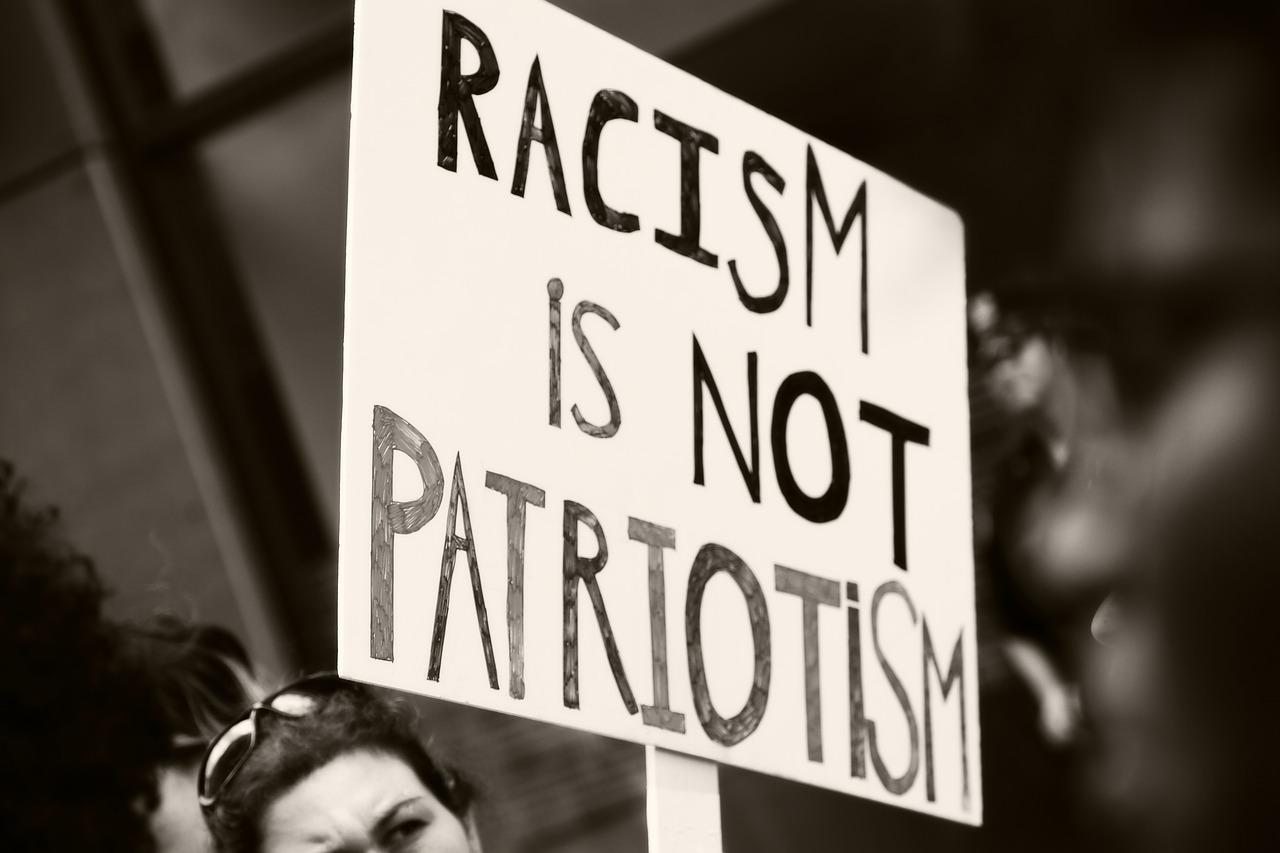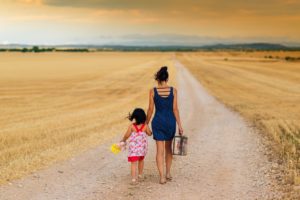Isaiah 66: 18-21(RM) or 58: 9b-14 (RCL); Psalm 117 or 103; Hebrews 12: 5-7, 11-13 (RM) or 18-23 (RCL); Luke 13: 22-30 (RM) or 10-17 (RCL)
There’s a toxic and terrifying battle cry out there, at least in the United States (and briefly this year, in Ottawa.) It’s heard in angry street demonstrations and in virulently alt-right chatrooms and websites: “X will not replace us!” Fill in X as you like: Jews most often, followed by migrants and various visible minorities.
The so-called “great replacement theory” claims that deliberate government policies have been designed to disenfranchise white people in order to give a greater majority vote to others not defined as white. It’s a cry of enraged, volatile white supremacists, often but not always young males. It shows up in the online posts of, among others, perpetrators of mass murder. It’s a myth.
How did we come this far? How?
And how might this pernicious idea colour how the Gospel reading for this Sunday* could be understood, when churchgoers hear:
“Strive to enter through the narrow gate, for many, I tell you, will attempt to enter but will not be strong enough. … And there will be wailing and grinding of teeth when you see Abraham, Isaac, and Jacob, and all the prophets in the kingdom of God, and you yourselves cast out. And people will come from the east and the west … For behold, some are last who will be first, and some are first who will be last.”
Let’s squint hard and read this through an ideologically-warped lens: you have to be strong to be saved (that is, not weak.) Only a select few will make it. You’re going to see the leaders of your own people with God, while you yourselves are expelled from your privileged positions to make way for foreigners and outsiders.
Migrants! People of other races! Not our own people!
Now let’s turn around and breathe in the fresh cool air generated by the sheer beauty of the first reading. In Isaiah 66 the Holy One says, “I know their works and their thoughts, and I come to gather nations of every language … from them I will send fugitives to the nations … They shall bring all your brothers and sisters from all the nations as an offering to [God] … Some of them I will take as priests and Levites.” The global scope of this holy invitation is breathtaking – a great ingathering from which no one is excluded. The door is open. The table is open.
Now, the other lens. Let’s start with the most shocking promise first: priestly status was hereditary in Israel, yet God will grant the same dignity to migrants from foreign Gentile peoples? Horrifying! Migrants will serve as missionaries to proclaim the God of Israel as the Holy One for all the earth? They have no right! God can see through the thoughts of the enfranchised and privileged people who would oppose God’s generous invitation? Scary! What God is this anyway? Where is the God who promised our people dominion over all the nations?
That God has been replaced. The all-embracing, generously forgiving and welcoming God, trumps (so to speak) the rigid, exclusive tribal God.
So, taken together, what are the First Reading and the Gospel saying? That it’s a narrow gate to squeeze through but everybody’s welcome to try? Not quite. Jesus’ point about the narrow gate would be better understood as a way to call his friends and disciples to examine their own sincerity and depth of commitment. If you are to follow in the footsteps of Jesus, you have to be all in. So does everyone else. Those “others” walking beside you are your equals, your co-workers, and your sisters and brothers.
For behold: Inclusivity is of God.
© Susan K. Roll
*This is based on the Gospel in the Roman Catholic Lectionary, Luke 13: 22-30. The Revised Common Lectionary gives a completely different reading for this week, verses 10-17, the story of Jesus healing the woman bent over.
Susan Roll retired from the Faculty of Theology at Saint Paul University, Ottawa, in 2018, where she served as Director of the Sophia Research Centre. Her research and publications are centred in the fields of liturgy, sacraments, and feminist theology. She holds a Ph.D. from the Catholic University of Leuven (Louvain), Belgium, and has been involved with international academic societies in liturgy and theology, as well as university chaplaincy, Indigenous ministry and church reform projects.





I am on retreat as I read this reflection. “The door is open.” “The table is open.” The inclusivity of it all feels very soothing this morning; perhaps it means ‘not trying so hard’ to get through the gate? Perhaps little of what I thought I needed to be “included” is necessary. Perhaps I have to leave a lot at the gate before being able to pass through it…
“Inclusivity is of God”. What a concise mantra to carry with me, as I discern choices along the path.